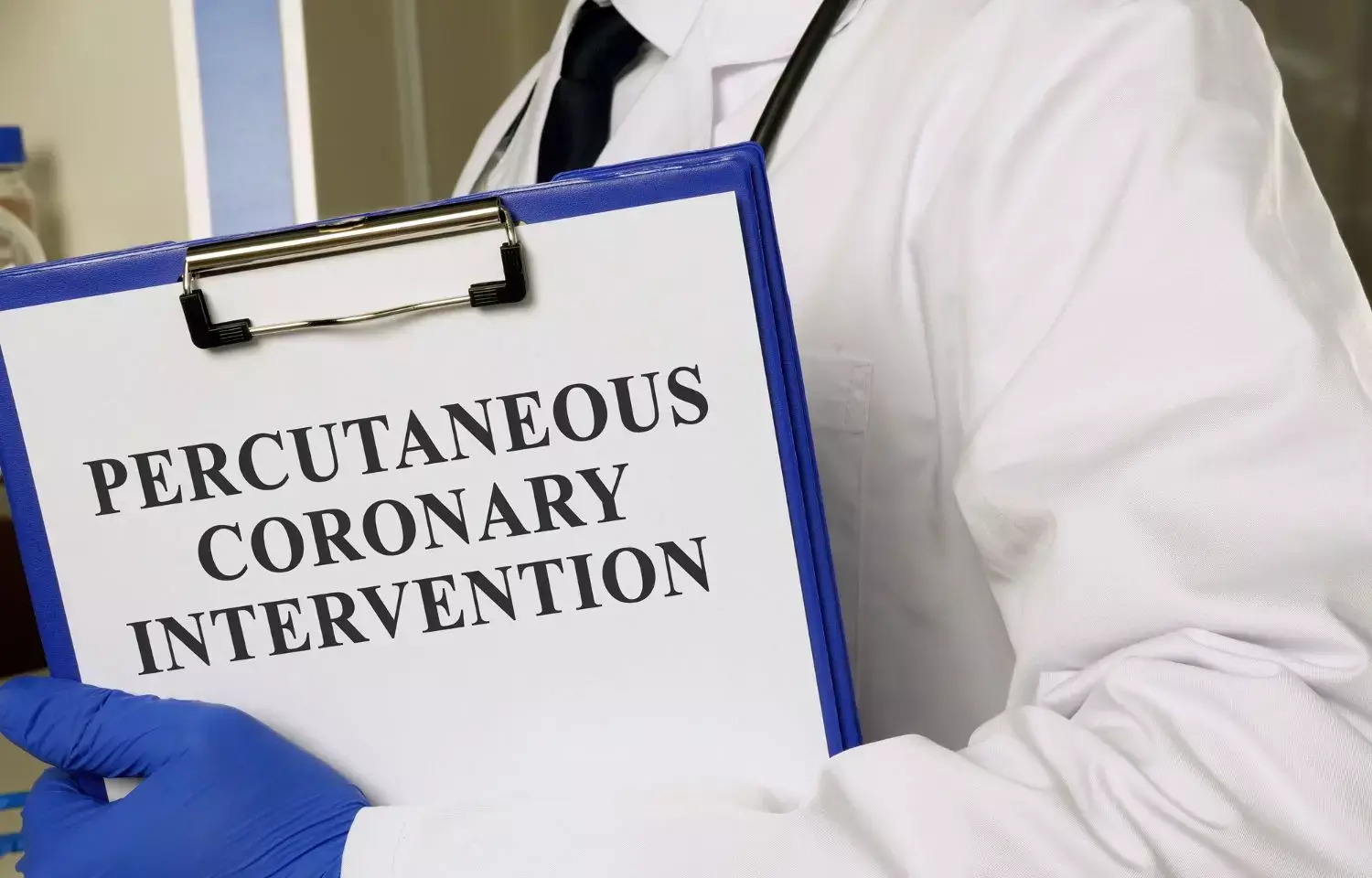- Home
- Medical news & Guidelines
- Anesthesiology
- Cardiology and CTVS
- Critical Care
- Dentistry
- Dermatology
- Diabetes and Endocrinology
- ENT
- Gastroenterology
- Medicine
- Nephrology
- Neurology
- Obstretics-Gynaecology
- Oncology
- Ophthalmology
- Orthopaedics
- Pediatrics-Neonatology
- Psychiatry
- Pulmonology
- Radiology
- Surgery
- Urology
- Laboratory Medicine
- Diet
- Nursing
- Paramedical
- Physiotherapy
- Health news
- Fact Check
- Bone Health Fact Check
- Brain Health Fact Check
- Cancer Related Fact Check
- Child Care Fact Check
- Dental and oral health fact check
- Diabetes and metabolic health fact check
- Diet and Nutrition Fact Check
- Eye and ENT Care Fact Check
- Fitness fact check
- Gut health fact check
- Heart health fact check
- Kidney health fact check
- Medical education fact check
- Men's health fact check
- Respiratory fact check
- Skin and hair care fact check
- Vaccine and Immunization fact check
- Women's health fact check
- AYUSH
- State News
- Andaman and Nicobar Islands
- Andhra Pradesh
- Arunachal Pradesh
- Assam
- Bihar
- Chandigarh
- Chattisgarh
- Dadra and Nagar Haveli
- Daman and Diu
- Delhi
- Goa
- Gujarat
- Haryana
- Himachal Pradesh
- Jammu & Kashmir
- Jharkhand
- Karnataka
- Kerala
- Ladakh
- Lakshadweep
- Madhya Pradesh
- Maharashtra
- Manipur
- Meghalaya
- Mizoram
- Nagaland
- Odisha
- Puducherry
- Punjab
- Rajasthan
- Sikkim
- Tamil Nadu
- Telangana
- Tripura
- Uttar Pradesh
- Uttrakhand
- West Bengal
- Medical Education
- Industry
Intravascular imaging-guided PCI tied to fewer complications than angiography-guided PCI

Joo Myung Lee, M.D., PhD, M.P.H in his study, said that in patients with a history of complex coronary-artery lesions, intravascular imaging-guided PCI is related to a lower risk of complications cardiac causes, target-vessel–related myocardial infarction, or clinically driven target-vessel revascularization than angiography-guided PCI.
Explaining the study background, they said there is a scarcity of data considering clinical outcomes after intravascular imaging–guided PCI for complex coronary-artery lesions compared to the outcomes after angiography-guided PCI.
To add more research and data to the aforementioned background, in this study, researchers assigned patients with complex coronary-artery lesions in a 2:1 ratio to undergo either intravascular imaging–guided PCI or angiography-guided PCI. The composite of death from cardiac causes, target-vessel–related myocardial infarction, or clinically driven target-vessel revascularization were the primary outcomes measured in the study.
The results of the study are:
- One thousand six hundred thirty-nine patients underwent randomization.
- The number of participants in intravascular imaging–guided PCI and angiography-guided PCI were 1092 and 547, respectively.
- At a median follow-up of 2.1 years, a primary end-point event occurred in 76 patients and 60 patients in the intravascular imaging and angiography groups, with a cumulative incidence of 7.7% and 12.3 %, respectively.
- In the intravascular imaging and angiography groups, 16 patients and 17 died due to cardiac causes, with a cumulative incidence of 1.7 % and 3.8 %, respectively.
- 30 and 38 patients had target-vessel–related myocardial infarction with a cumulative incidence of 3.7% and 5.6%, respectively.
- Thirty-two patients and 25 patients had clinically driven target-vessel revascularization with a cumulative incidence of 3.4% and 5.5% respectively.
- Researchers reported no apparent between-group differences in the incidence of procedure-related safety events.
Concluding further, they said among those with complex coronary-artery lesions, intravascular imaging–guided PCI has fewer complications like death due to cardiac causes, target-vessel–related myocardial infarction, or clinically driven target-vessel revascularization than angiography-guided PCI.
This research was supported by Abbott Vascular and Boston Scientific, as acknowledged.
Further reading:
BDS, MDS in Periodontics and Implantology
Dr. Aditi Yadav is a BDS, MDS in Periodontics and Implantology. She has a clinical experience of 5 years as a laser dental surgeon. She also has a Diploma in clinical research and pharmacovigilance and is a Certified data scientist. She is currently working as a content developer in e-health services. Dr. Yadav has a keen interest in Medical Journalism and is actively involved in Medical Research writing.
Dr Kamal Kant Kohli-MBBS, DTCD- a chest specialist with more than 30 years of practice and a flair for writing clinical articles, Dr Kamal Kant Kohli joined Medical Dialogues as a Chief Editor of Medical News. Besides writing articles, as an editor, he proofreads and verifies all the medical content published on Medical Dialogues including those coming from journals, studies,medical conferences,guidelines etc. Email: drkohli@medicaldialogues.in. Contact no. 011-43720751


